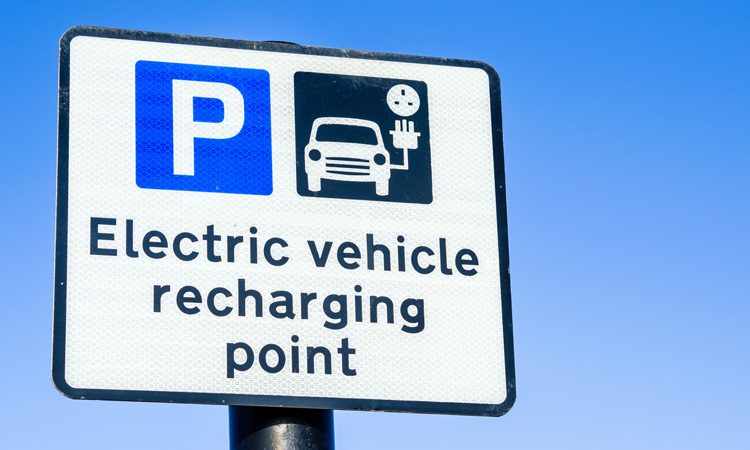DfT cuts grant scheme for electric vehicles amid rising criticism
- Like
- Digg
- Del
- Tumblr
- VKontakte
- Buffer
- Love This
- Odnoklassniki
- Meneame
- Blogger
- Amazon
- Yahoo Mail
- Gmail
- AOL
- Newsvine
- HackerNews
- Evernote
- MySpace
- Mail.ru
- Viadeo
- Line
- Comments
- Yummly
- SMS
- Viber
- Telegram
- Subscribe
- Skype
- Facebook Messenger
- Kakao
- LiveJournal
- Yammer
- Edgar
- Fintel
- Mix
- Instapaper
- Copy Link
Posted: 19 March 2021 | Joshua Minchin - Intelligent Transport | No comments yet
The DfT claims electric vehicles are getting cheaper, but there has been criticism of the announcement by some members of the industry.


The grant scheme for electric vehicles has been reduced by the Department for Transport (DfT) as it claims to target more affordable vehicles.
The UK Government will provide grants of up to £2,500 for electric cars, vans, and trucks on cars priced under £35,000, down from £3,000 previously.
The DfT says this will mean the funding will last longer and be available to more drivers. Grants will no longer be available for higher-priced vehicles, which the department claims are typically bought by drivers who can afford to switch without a subsidy from taxpayers.
According to the DfT, the number of electric car models priced under £35,000 has increased by almost 50 per cent since 2019 and more than half the models currently on the market will still be eligible for the grant.
“We want as many people as possible to be able to make the switch to electric vehicles as we look to reduce our carbon emissions, strive towards our net-zero ambitions and level up right across the UK,” said Transport Minister Rachel Maclean.
“The increasing choice of new vehicles, growing demand from customers and rapidly rising number of chargepoints mean that, while the level of funding remains as high as ever, given soaring demand, we are refocusing our vehicle grants on the more affordable zero emission vehicles – where most consumers will be looking and where taxpayers’ money will make more of a difference.
“We will continue to review the grant as the market grows.”
There has however been some backlash to the announcement, which critics claim sends out the wrong message to a market that will have to meet ambitious climate targets like the ban on petrol and diesel vehicle sales by 2030.
“This sends the wrong message to the consumer, especially private customers, and to an industry challenged to meet the government’s ambition to be a world leader in the transition to zero emission mobility,” Society of Motor Manufacturers and Traders (SMMT) chief executive Mike Hawes told the BBC.
Ford of Britain told the BBC the grant reduction was “disappointing and is not conducive to supporting the zero emissions future we all desire.”
“Robust incentives – both purchase and usage incentives – that are consistent over time are essential if we are to encourage consumers to adopt new technologies,” the carmaker’s chairman Graham Hoare said.
Related topics
Accessibility, Air Quality, Alternative Power, Passenger Accessibility, Sustainable Urban Transport, Transport Governance & Policy
Related modes
electric car
Related cities
UK
Related organisations
BBC, Department for Transport (DfT), Ford of Britain, Society of Motor Manufacturers and Traders (SMMT)
Related people
Graham Hoare, Mike Hawes








